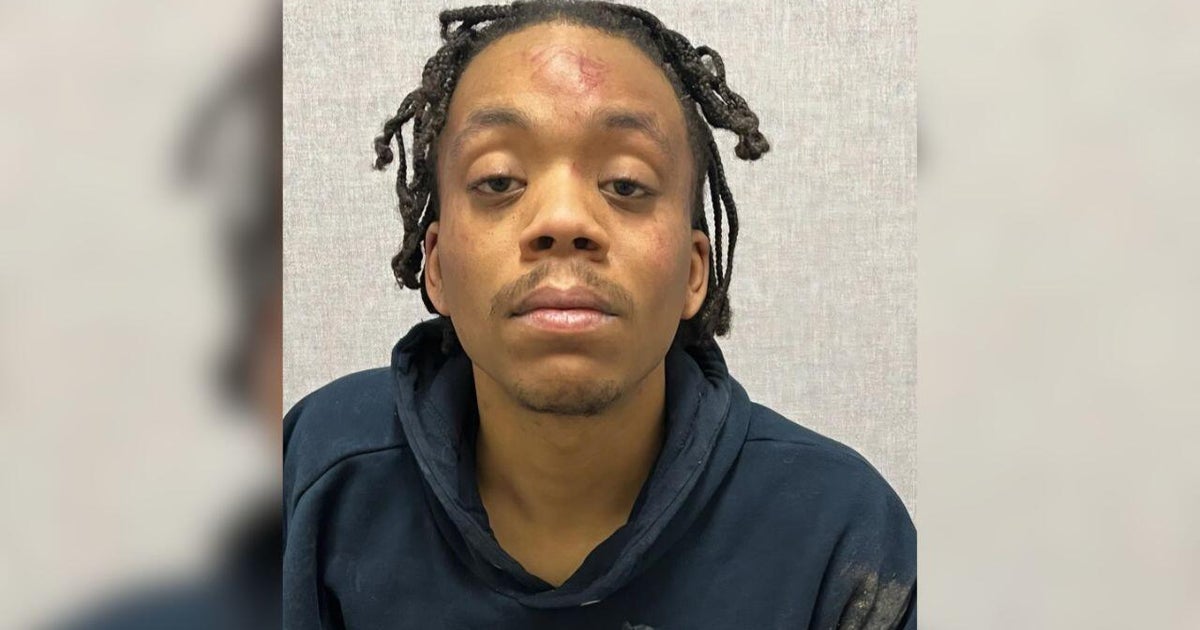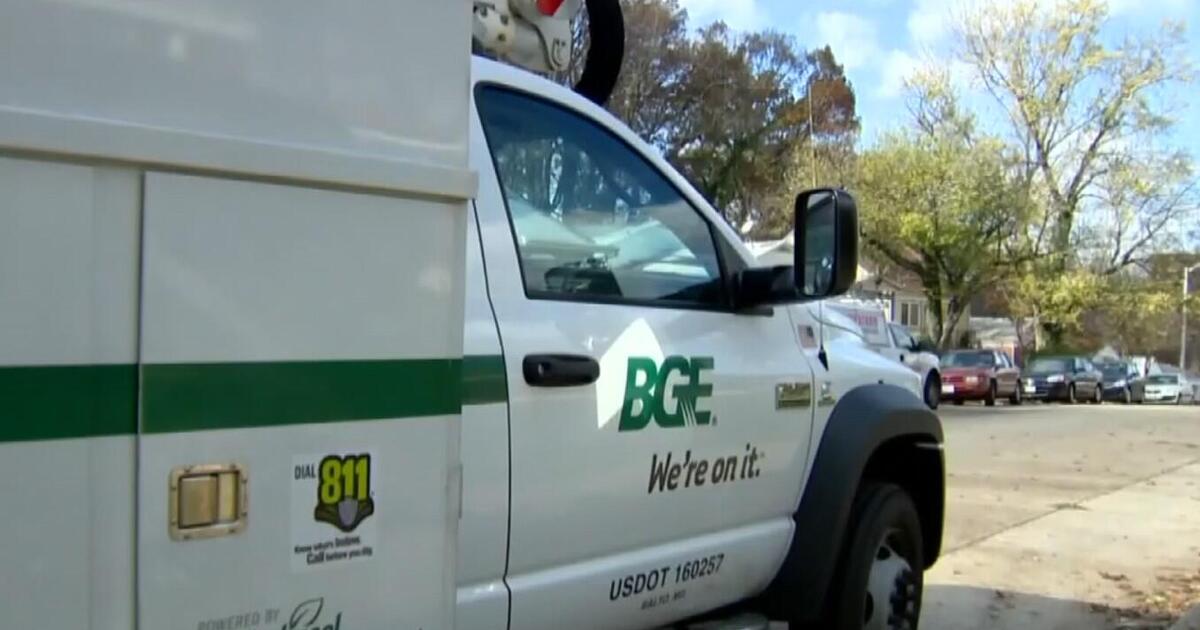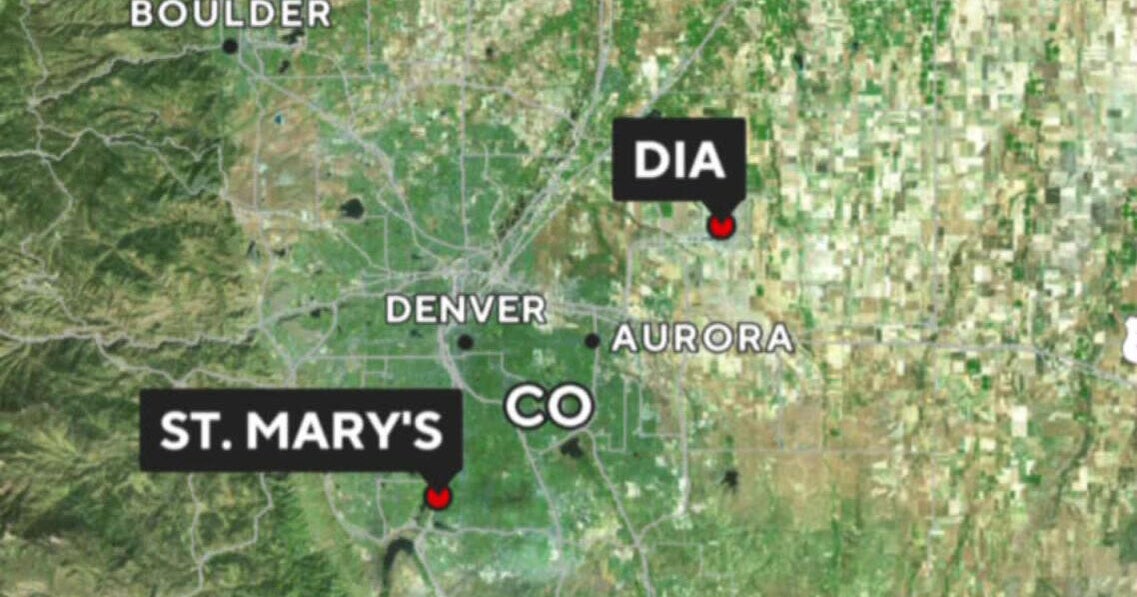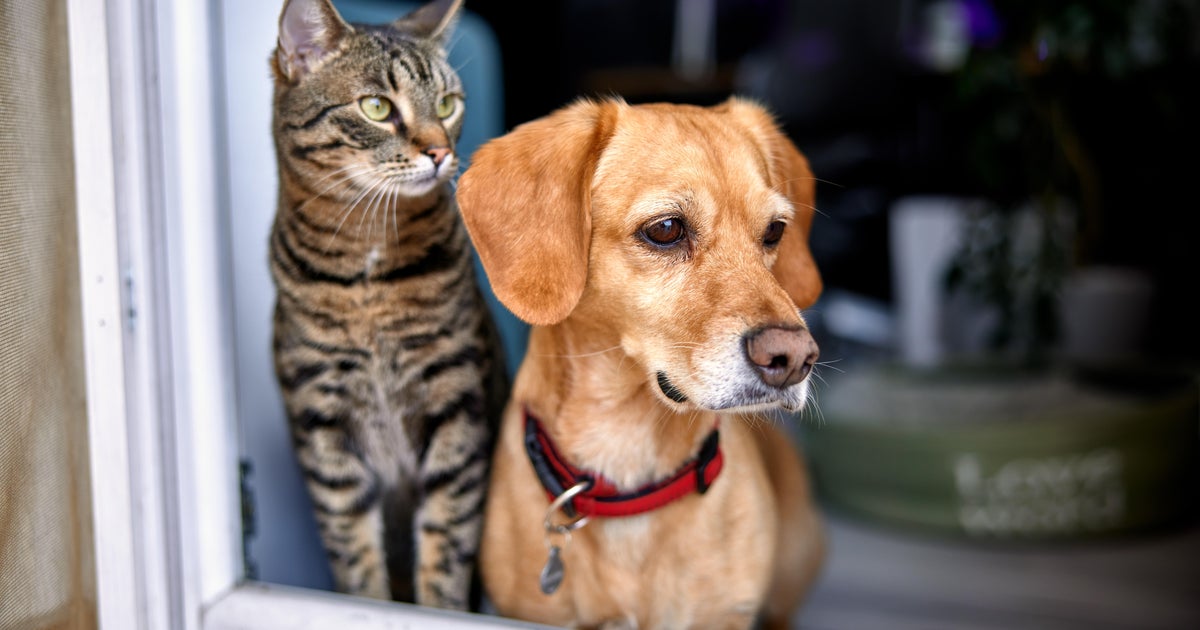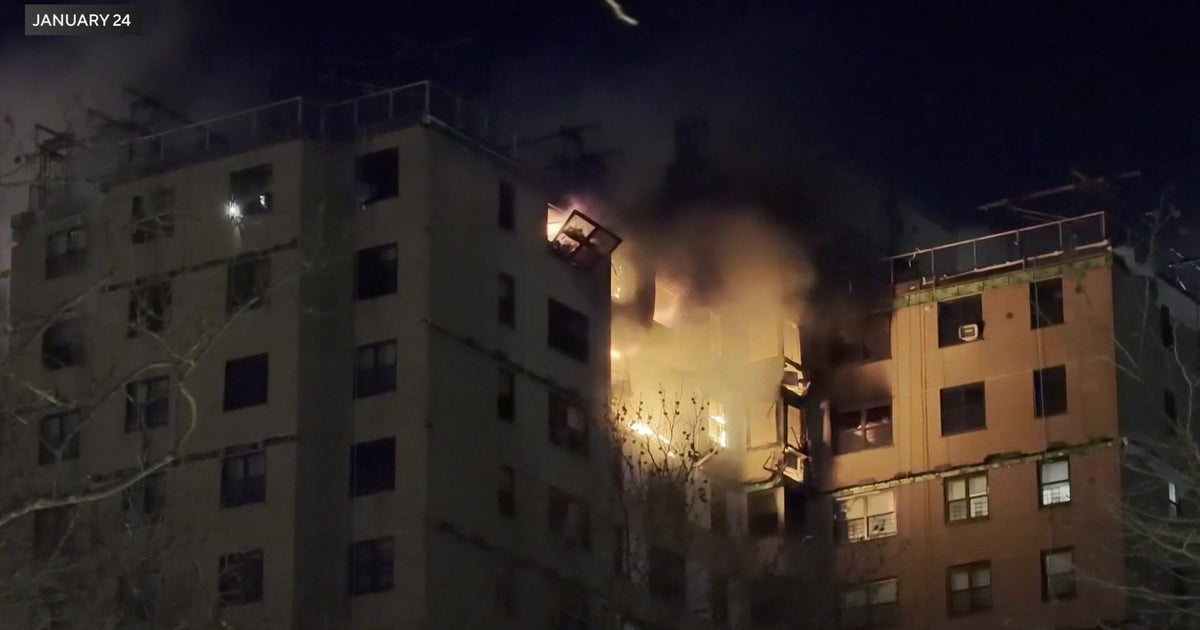Maryland Health Officials Try To Battle Heroin Epidemic
BALTIMORE (WJZ) -- It's one of the number one killers in the state of Maryland. Drug overdoses have taken more lives than ever -- grim statistics, as health officials try and battle back against the epidemic.
Meghan McCorkell has more on what they're doing.
The number of overdose deaths in Maryland has doubled since 2010 -- the bulk of them in the Baltimore area.
Tanza has fought a lifelong battle with addiction.
"I started when I was 12 years old, and the first time I stopped, I was 29," Tanza said.
It's a struggle Jena knows too well.
"Sad and lonely and living in a life that wasn't mine," Jena said.
Both women have lost friends to drugs.
"You know people that are here today and gone tomorrow. It's just that quick," Tanza said.
They're not alone. The state saw a 21 percent increase in overdose deaths last year alone.
"Here in Baltimore, there are more people dying from overdose than are dying from homicide," said City Health Commissioner Dr. Leana Wen.
A public health emergency has been declared in Baltimore to address the epidemic. In 2015, 1,259 people died from overdose deaths in Maryland; 86 percent of them involved opioids.
"If there were people dying at the same rates from Ebola and measles as were dying from opioid overdose, that would be a public health crisis," Wen said.
Concerted Care Group is the second largest treatment center in the state.
"I think the numbers have been really high for a long time. I think people are waking up now," said Noah Nordheimer, Concerted Care Group.
With overwhelming demand, they're trying to open two new facilities.
"It's not the medication, it's not one mode of treatment, it's meeting every individual where they're at at that moment and offering a full range of services," said Barbara Wahl, Concerted Care Group.
A mural outside honors lives lost and is a symbol of hope to people like Tanza and Jena.
"They treat you like a human being and not just a number," said Tanza.
"It's not just getting clean, it's like cleaning up your whole life," said Jena.
Officials estimate nearly 19,000 people in Baltimore alone are heroin users.
City police have used the life-saving drug Naloxone to save 30 people over the past year.

